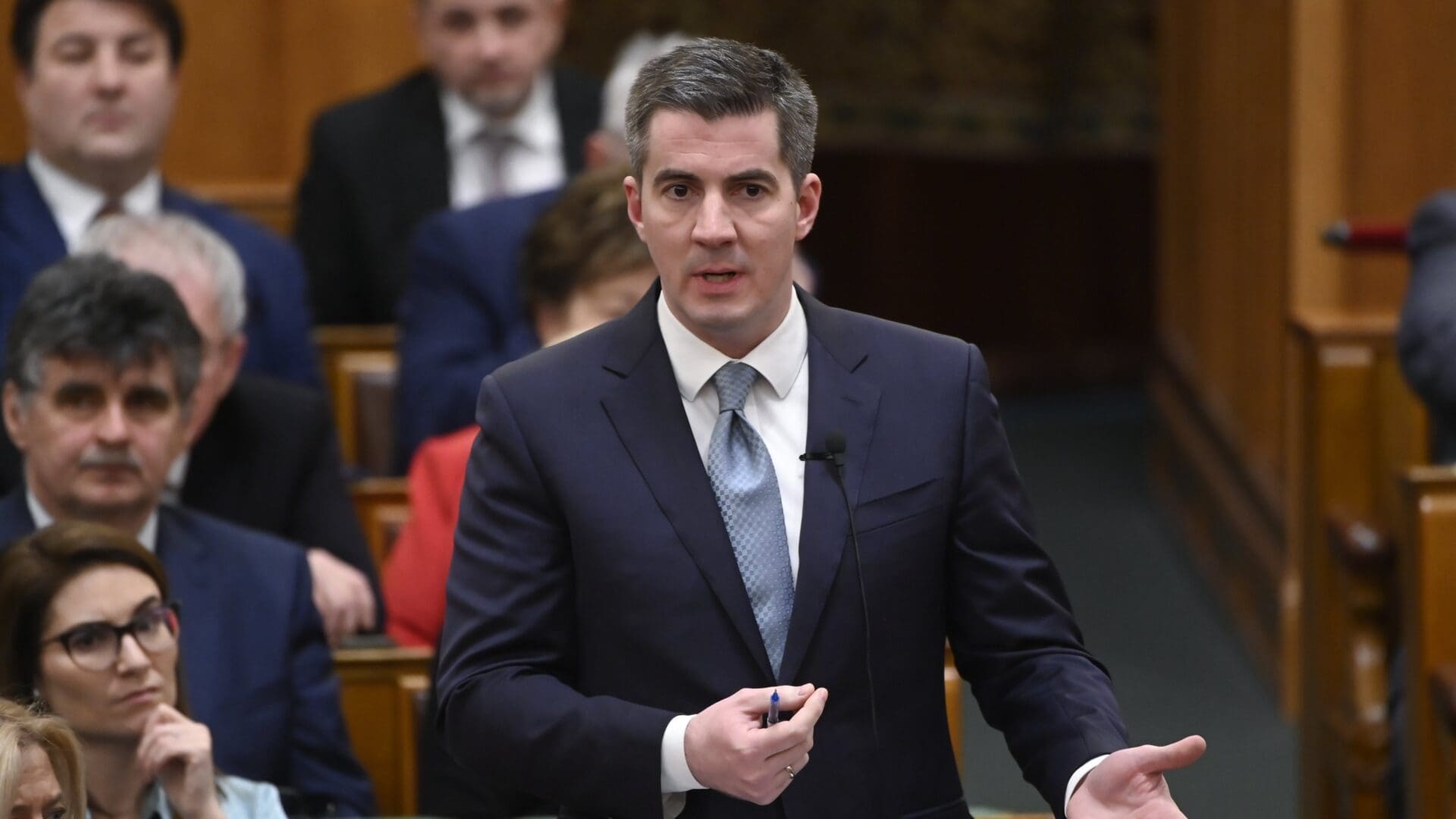‘Fidesz parliamentary group leader Máté Kocsis has proposed that the Hungarian National Assembly hold a final vote on ratifying Sweden’s NATO membership on 26 February, pledging Fidesz’s support for the motion,’ Zoltán Kovács, Minister of State for International Communication and Relations at the Prime Minister’s Office announced in a post on the social media platform X. Kocsis published a letter on his Facebook page asking the House Speaker László Kövér to include Sweden’s accession to NATO on the agenda of the first spring session of this year, which is scheduled for 26 February.
Zoltan Kovacs on Twitter: “❗️BREAKING: Fidesz parliamentary group leader Máté Kocsis proposes that the Hungarian National Assembly hold a final vote on ratifying Sweden’s @NATO membership on February 26, pledging Fidesz’s support for the motion. pic.twitter.com/3OCAHpuWdH / Twitter”
❗️BREAKING: Fidesz parliamentary group leader Máté Kocsis proposes that the Hungarian National Assembly hold a final vote on ratifying Sweden’s @NATO membership on February 26, pledging Fidesz’s support for the motion. pic.twitter.com/3OCAHpuWdH
Before the announcement, a three-member bipartisan US Senate delegation arrived in Hungary over the weekend to advocate for Sweden’s accession to NATO. Jeanne Shaheen, a Democratic member of the delegation, expressed optimism, stating that they believed the Hungarian parliament would vote in favour of ratification on the first day of the spring session. However, on Sunday, the delegation, comprising two Democratic senators and one Republican senator, announced their intention to submit a resolution proposal condemning Hungary.
AP obtained a version of the proposal, which states, among other issues, that Hungary is ‘jeopardizing transatlantic security at a pivotal moment for European peace and stability’ by delaying the acceptance of Sweden’s accession. The proposal also criticizes Prime Minister Viktor Orbán’s ‘warm relationships’ with Russia and China, as well as the Hungarian government’s anti-sanctions stance.
As reported by Hungarian Conservative, in his State of the Nation address on the day before the visit, PM Orbán stated that the dispute with Sweden is nearing a resolution, and the parties are progressing towards an agreement. The Prime Minister mentioned that it appeared likely that the parliament could ratify Sweden’s accession to NATO on the first day of the spring session, scheduled for Monday, 26 February.
On Monday, 19 February, Swedish Prime Minister Ulf Kristersson said during a visit to Warsaw that he looked forward to meeting Viktor Orbán and
was positive that the Hungarian parliament would ratify membership this month.
Hungary is the last among the 31 nations in the defence alliance to ratify Sweden’s accession. Turkey, which had long harboured serious security concerns about Swedish membership, particularly regarding the shortcomings of Sweden’s counter-terrorism efforts, completed the process on 26 January with the signature of President Recep Tayyip Erdoğan.
In recent months, government members and politicians from the ruling party have expressed their views on why Swedish NATO membership has not yet been put on the agenda. They claim that the biggest obstacle is the state of relations between the two countries and the anti-Hungarian statements made by Swedish politicians.
In the day prior to the announcement of Máté Kocsis, Index reported that the Swedish and Hungarian sides had been engaged in intensive negotiations for weeks regarding a military-industrial agreement. This agreement could potentially result in the delivery of new Gripen fighters to the Hungarian Air Force.
Related articles:








